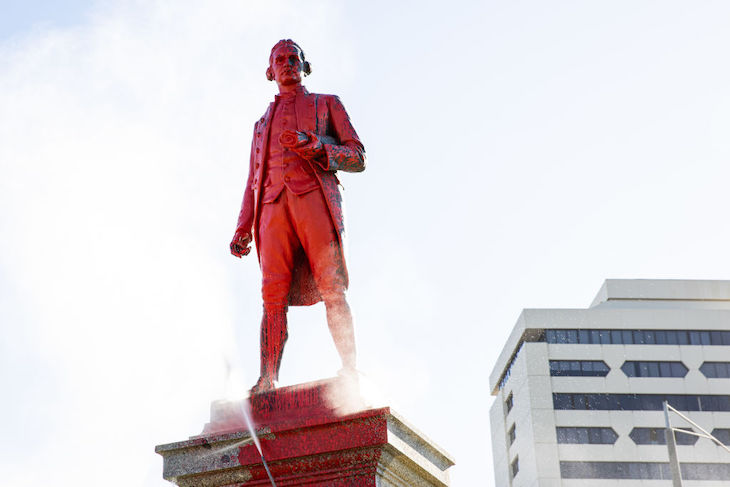Cambridge has made a mistake in returning to the tribe that made them some spears collected by Captain Cook’s men in 1770. It is always dispiriting to write something and then discover that no one with the power to act has paid any attention. Last year, I complained on Coffee House that Trinity College, Cambridge and the Cambridge University Museum of Archaeology and Anthropology were about to make an ill-conceived mistake by repatriating these spears. It seems no one was listening.
The truth is that these spears – which were presented to Trinity in 1771 – would not have survived had they not been kept safe in Cambridge. These were not ceremonial wands or armaments but humble fishing sticks, crowned with finger-like barbed prongs; they were in everyday use among the Gweagal clan members who lived around what is now Sydney. Although Cook’s sailors seized about 40 of these sticks, thinking at first that they were weapons, only four have survived from this first encounter between British explorers and the peoples of Australia.
These spears would not have survived had they not been kept safe in Cambridge
What is special is their association with Cook’s voyage, which makes them part of British history, reaching back to a time before the colonisation of Australia was contemplated.

Get Britain's best politics newsletters
Register to get The Spectator's insight and opinion straight to your inbox. You can then read two free articles each week.
Already a subscriber? Log in







Comments
Join the debate for just £1 a month
Be part of the conversation with other Spectator readers by getting your first three months for £3.
UNLOCK ACCESS Just £1 a monthAlready a subscriber? Log in